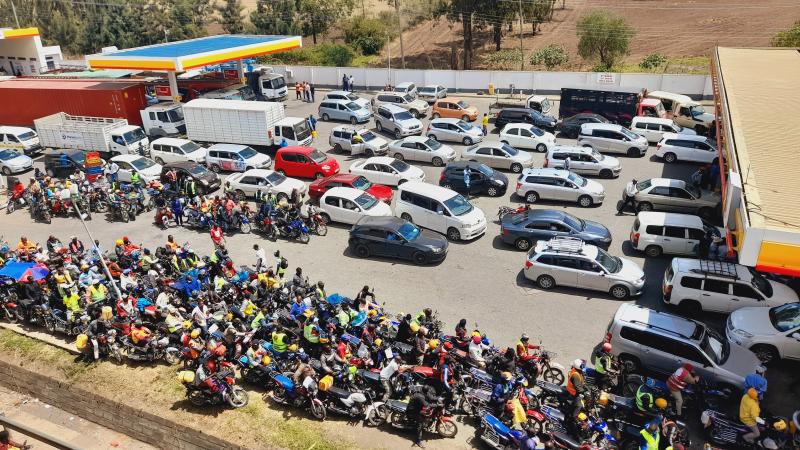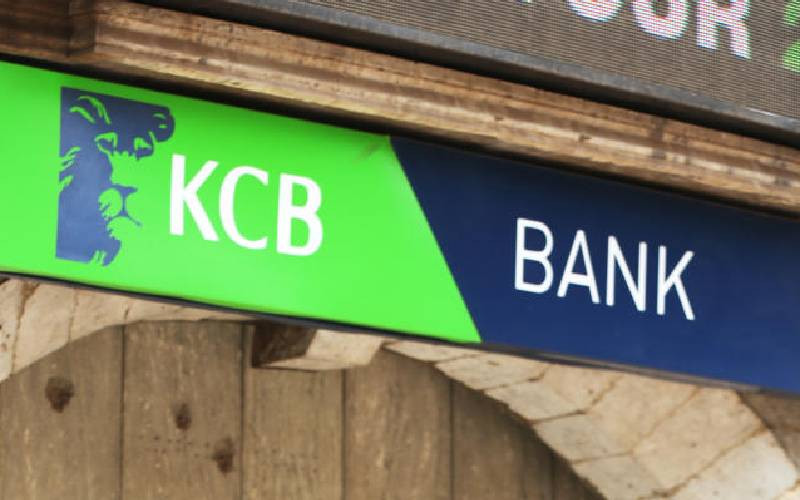
Oil marketing companies will now be required to seek approval from the government whenever re-exporting fuel to neighbouring countries.
The Petroleum ministry said it will have to okay the quantity of fuel imports that are re-exported in a bid to tame the oil firms’ preference for regional markets in the wake of the subsidy programme in Kenya that denies them upfront margins.
The ministry wants the oil marketers to adhere to the 60:40 ratio, where the domestic market gets 60 per cent of the fuel imports, with re-exports getting 40 per cent.
The government expects the directive to ensure that the country has sufficient stocks in the wake of a biting fuel shortage earlier in the month as oil marketers diverted fuel meant for local consumption to the regional market.
“To enforce the directive by the acting cabinet secretary, the above ratios must be adhered to for all ships berthing at Kipevu Oil Terminal (KOT). In this regard, therefore, importers are asked to note that all discharge instructions (DIs) must be approved by both KPC (Kenya Pipeline Company) and the ministry before adoption,” said Petroleum Principal Secretary Andrew Kamau in an April 19 letter to oil marketers.
The export markets offer oil marketers upfront margins as opposed to Kenya where the stabilisation programme means they have to wait for more than a month before they can be compensated.

The recent supply shocks in the country were occasioned by delays in the government releasing funds owed to oil marketers under the subsidy programme, with the firms, in turn, hoarding or exporting more products than has been the case in the past.
“Historically, data from both KPC and KRA (Kenya Revenue Authority) has shown that 60 per cent of imported petroleum products (super petrol and diesel are destined to Kenya, while 40 per cent to the transit market. As for jet A-1, it is 80 per cent local and 20 per cent transit,” said PS Kamau.
Last week, the acting Petroleum Cabinet Secretary Monica Juma had also directed the oil firms to reallocate 10 per cent of the petroleum products that they had earmarked for export to the local market to help meet local demand that had been distorted following the disruption in supply that went for weeks.
The Petroleum Ministry also said it would reduce the petroleum import quotas for the oil firms that had been found to be diverting fuel to the export markets.
The quotas are allocated according to the market shares of the oil firms, with those with the largest share getting equally large capacity, which is also reflected in their storage capacity at the KPC-owned depots.
“The process of re-allocation of import capacities amongst OMCs (oil marketing companies) is ongoing and will be completed by April 21,” said the Ministry in a Tuesday update on the fuel supply situation.
 The Standard Group Plc is a multi-media organization with investments in media platforms spanning newspaper print
operations, television, radio broadcasting, digital and online services. The Standard Group is recognized as a
leading multi-media house in Kenya with a key influence in matters of national and international interest.
The Standard Group Plc is a multi-media organization with investments in media platforms spanning newspaper print
operations, television, radio broadcasting, digital and online services. The Standard Group is recognized as a
leading multi-media house in Kenya with a key influence in matters of national and international interest.











